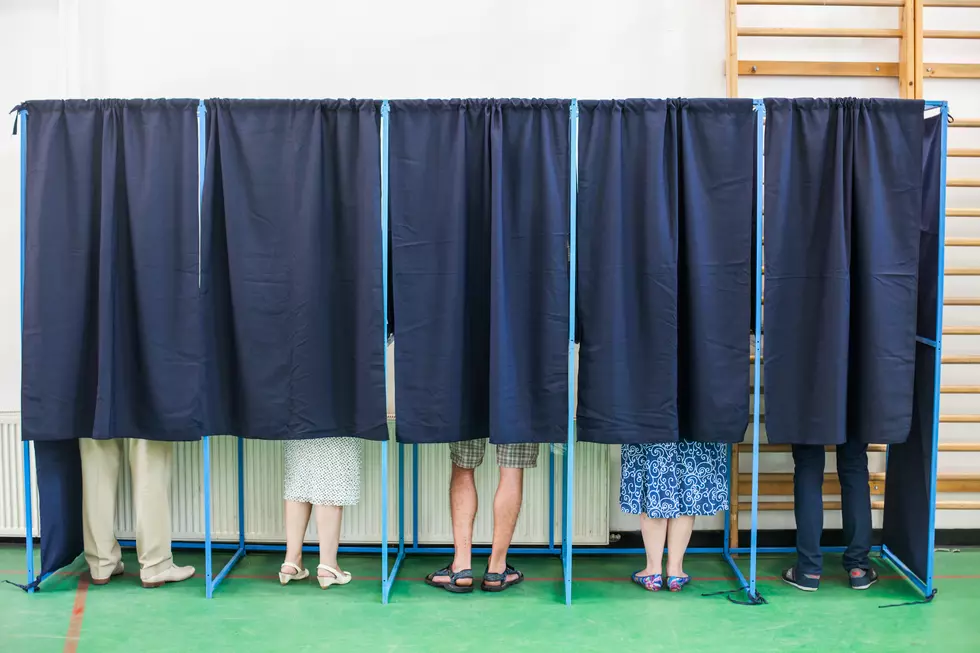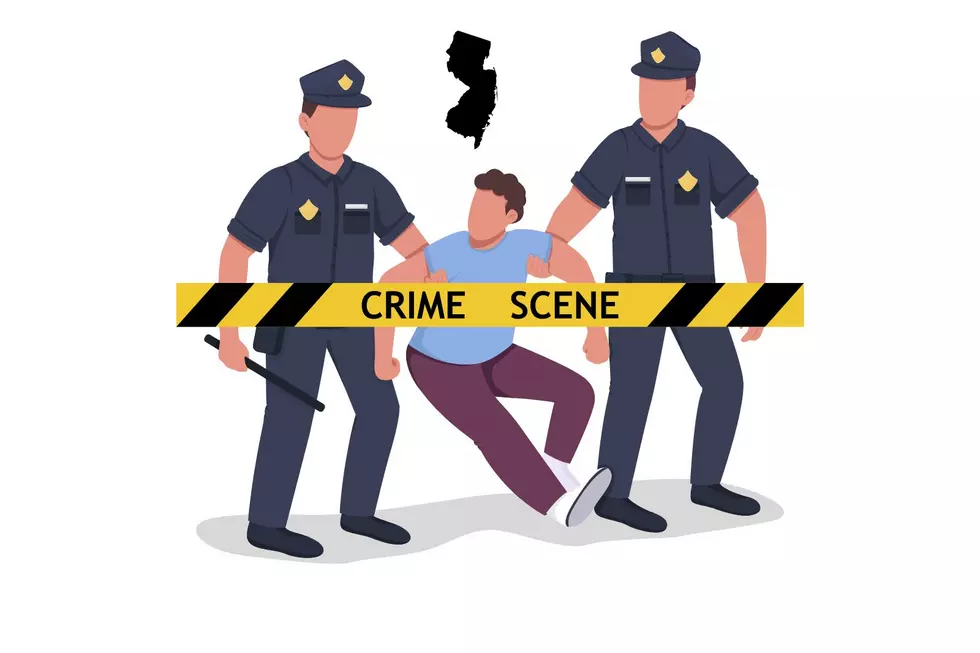
Do young voters have interest in further involvement in politics?
Anyone disheartened by the images from the siege on the U.S. Capitol Jan. 6 might have a hard time believing that by and large across the country, democratic institutions are functioning in a civil and effective manner.
Yet while older voters might be able to draw on the memories of other times in their lives when it felt like democracy was being threatened, first-time voters, and even those too young to vote, may be much more impressionable.
And all of that could contribute to the continued decline of an already "historically" low level of interest among young people in becoming politicians, according to Daniel Hart, senior vice chancellor and professor of childhood studies and psychology at Rutgers University-Camden.
"I have to imagine that what we saw in the insurrection is going to drive that interest even lower, and that's just terribly unfortunate because they have so much to offer," Hart said.

But Hart makes the point that from the municipal level on up, institutions of government are basically designed to protect the public good, and to help us become the citizens that we want to be, and those functions aren't changing.
"What we see on television or in the news is only one part of democracy as it's experienced in the United States," he said. "I think it's also important for young people to realize that they played a really important part in making our democratic institutions work as well as they did in November, and in January."
Hart did say that the record voter turnout in New Jersey in November had young voters largely to thank, as did the U.S. Senate runoff elections in Georgia on Jan. 5.
Without the youth vote, he said Joe Biden would not have won the presidential race, and Georgia's Democratic candidates also would not have been elected, meaning the Senate would not have flipped blue.
As those choices figure to shape the direction of the country over the next several years, young voters should continue to turn out in significant numbers. Hart said research has shown that if someone is encouraged to vote the first time they are eligible, the probability is higher that they will return to the booth or the ballot box in future cycles and eventually for life.
Still, does that mean anything for actual participation in government? Hart said disillusionment, dissatisfaction, shame and worry caused by the events of Jan. 6 may convince young people that the mechanics of government aren't working.
Hart thinks they are — but it may take a look at city and county governments, rather than the broad federal picture, to understand that.
And it's the smaller-scale institutions, Hart said, that could perhaps use a youth movement the most.
"Most of these are suffering from a lack of youth participation, and would benefit enormously from young people turning toward their towns and their cities," he said.



